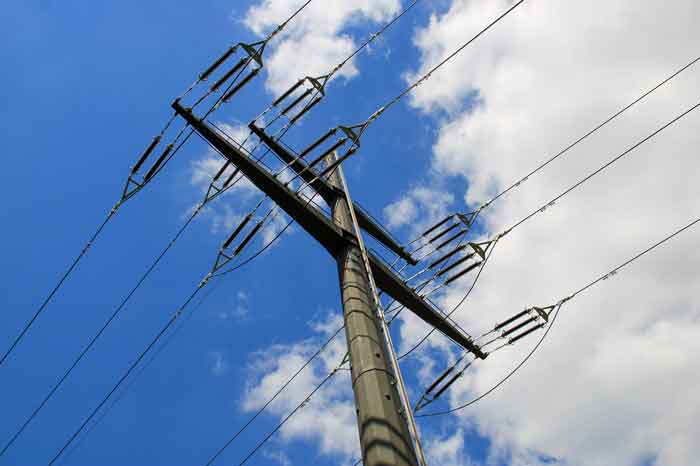Smart meters banned in apartments
By Toronto Star
NFPA 70e Training - Arc Flash
Our customized live online or in‑person group training can be delivered to your staff at your location.

- Live Online
- 6 hours Instructor-led
- Group Training Available
The bulletin issued by the OEB was in response to numerous complaints they have received from tenants being forced by their landlords to switch to metered individual billing, when the cost of electricity was previously included in their rent.
Under current legislation, amended in November 2005, residential apartment buildings are not allowed to install or use sub-meters, said Brian Hewson, the chief compliance officer with the OEB.
"(It is) only when properties have been authorized that sub-metering systems are allowed to be installed," said Hewson. Condo buildings, and other providers, such as Toronto Hydro, are allowed to install and use smart meter systems.
But the announcement still came as a shock to both landlords and sub-meter distributors, such as Stratacon Inc., who have been using the devices for years to encourage tenants to conserve energy.
"This came totally out of the blue," said Vince Brescia, president of the Federation of Rental-housing Providers. "This has been going on for years. It's been widely discussed... and it seemed like the government was supporting it."
In 2007, Ontario's chief conservation officer, Peter Love, even awarded Park Property Management, a rental company with buildings in Toronto, a certificate recognizing their conservation efforts.
That's why this sudden "enforcement" notice is such a shock, said Jennifer Hassani, marketing director for Triacta, a firm that produces the technology for smart meters.
Part of the reason for the confusion is the "lack of clarity" around the regulation, said Mary Todorow, a research and policy analyst for the Advocacy Centre for Tenants Ontario, which works to improve the housing situation of low-income tenants.
"It was allowed for condos, but not quite multi-residential. It was voluntary, but it could happen under consent... and some felt they could be doing it without consent," she said. "I think it helps if everybody knows the rules."
Hewson disagrees, saying the legislation is clear, but he admits there are no guidelines for how sub-meters should be used in rental units because they should not have been installed. Meanwhile, landlords who have installed sub-meters can no longer use them for the purpose of billing customers, Hewson said.
Dan McIntyre of the Federation of Metro Tenants' Associations says without regulations, sub-metering puts tenants at a disadvantage.
The federation has been helping tenants in about 12 Toronto-area apartment buildings where landlords have installed smart meters and threatened to cut power if tenants refused to be billed separately.
Hewson said the bulletin will likely spur the government to create new legislation on the issue.











